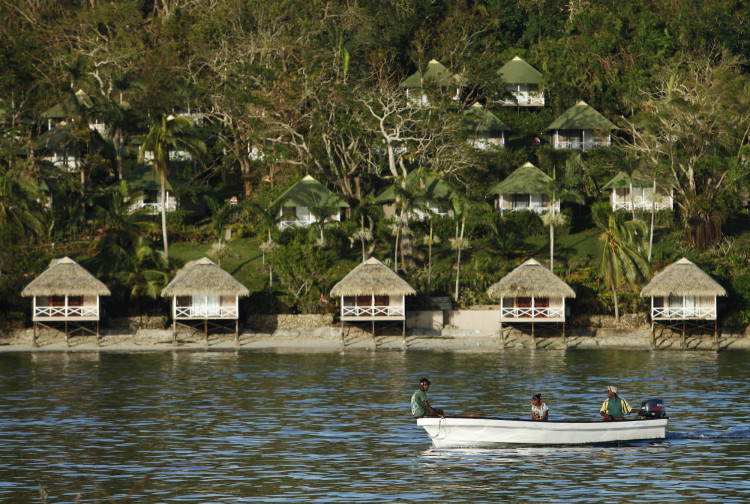As larger countries battle COVID-19 some smaller places appear to have successfully shut off the novel coronavirus that has killed more than a million worldwide.
Nunavut
The sparsely populated territory of northern Canada, Nunavut, is one of the rare gems in the world that has reported zero confirmed COVID-19 cases.
Experts believe one of the reasons why the territory was able to keep the virus from infiltrating is its very strict travel regulations that prevented transmissions among residents.
As part of the local government's efforts in preventing infections in the virus-free community, returning residents were required to spend 14 days in "isolation hubs" before they are allowed entry to Nunavut.
Nunavut chief public health officer Dr. Michael Patterson noted that the strict travel rules were established due to the territory's potential vulnerability to COVID-19 transmission. Nunavut is a huge territory, albeit with only around 36,000 residents, and it forms most of the Canadian Arctic Archipelago.
Dr. Patterson further explained that "natural isolation" due to the massive distance between the 25 communities living in Nunavut may have helped prevent the virus from getting inside the area.
Vanuatu
Vanuatu is among the 10 Pacific Island nations that remain free of COVID-19 following the implementation of strict border control measures that helped keep the virus off.
The biggest takeaway from Vanuatu's zero-case situation is the community's willingness to exchange a depleted economy for their health and safety.
The country's director of public health, Dr. Len Tarivonda, said that "the majority say keep the border closed for as long as possible. They say: 'We don't want the sickness - otherwise we're doomed."
The people of Vanuatu were well aware of how COVID-19 will affect their lives, especially as the islands are located away from adequate health security and testing facilities.
Vanuatu has decided to retain its State of Emergency call until the end of 2020 to further keep the novel coronavirus from entering the islands.
Samoa
It appears that the government of Samoa made the right choice when it sealed off its borders in March from the rest of the world as it remains COVID-19-free as of writing.
The remote U.S. territory where around 55,000 residents remain free from the virus continues to keep both non-residents and returnees from entering Samoan ground.
As of mid-October, over 500 American Samoans have been stranded in the United States, waiting for their turn to be allowed to set foot back home. Some of them have reported financial struggles while stranded.
Palau
Palau was spared from the novel coronavirus as it has not reported a single COVID-19 case since the pandemic started, but the local economy has been suffering.
In a pre-recorded message played at the 75th U.N. General Assembly late last month, Palau president Tommy E. Remengesau made it clear that the small island nation is "certainly not free of the consequences of this pandemic."
Due to the lockdowns in different countries, the small island has struggled to get food and medicine supply for the community. Remengesau said Palau needs adequate access to a COVID-19 vaccine as well as financial assistance to keep the economy running.
The tourism sector, in particular, has been hard-hit by the pandemic, as the island nation blocked inbound trips to prevent potential travel-linked transmissions.
Micronesia
Among the Pacific Island nations that quickly shut down its borders to international travel upon hearing news about COVID-19, Micronesia has gone a long way in its battle against the virus.
The Federated States of Micronesia remain free of COVID-19 and like other Pacific Island countries whose economies appear to survive the economic beating from the pandemic, the four island states relied on the kastom (informal) economy.
Gardening and fishing has also become the norm for Micronesians when food supply is short due to global shipping bans. The people have remained resilient through tough months but only time will tell if they can survive through next year without a vaccine.





